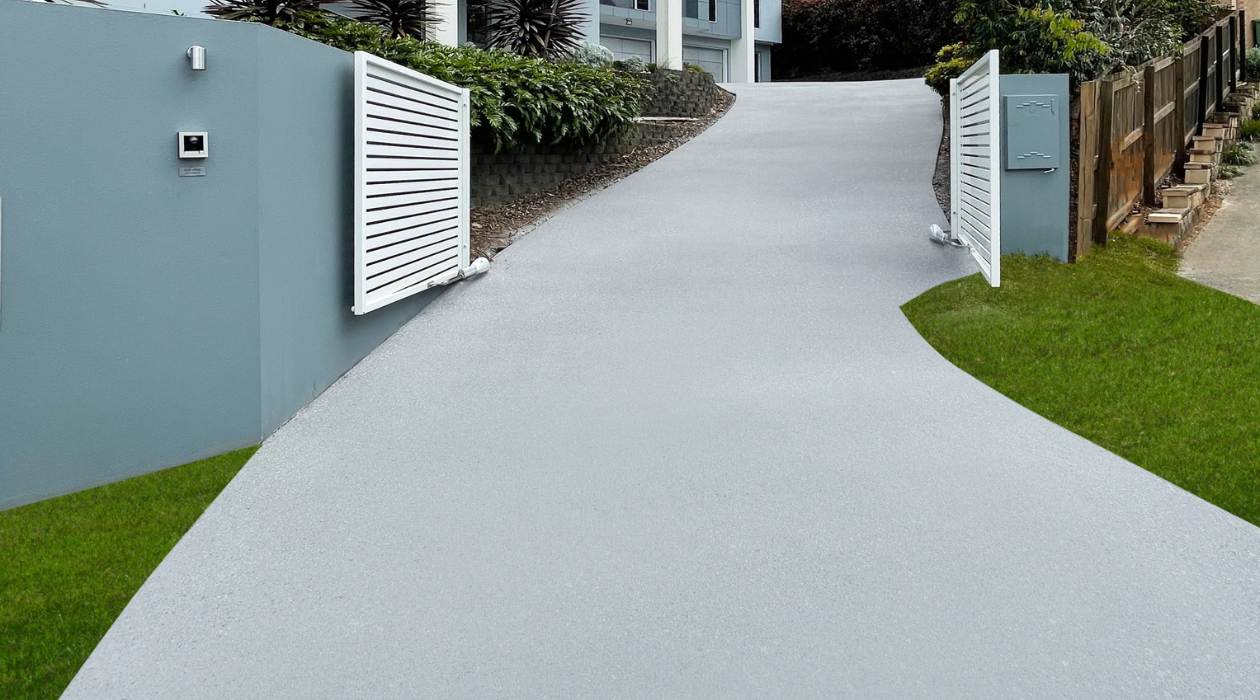

Articles
How Long Does A Concrete Driveway Last
Modified: February 23, 2024
Learn about the longevity of concrete driveways with our informative articles. Discover how long they typically last and ensure a durable investment for your property.
(Many of the links in this article redirect to a specific reviewed product. Your purchase of these products through affiliate links helps to generate commission for Storables.com, at no extra cost. Learn more)
Introduction
A concrete driveway is a popular choice for homeowners due to its durability, longevity, and low maintenance requirements. When properly installed and maintained, a concrete driveway can last for many years, providing a sturdy and functional surface for vehicles. However, the lifespan of a concrete driveway can vary depending on several factors.
In this article, we will explore the factors that can affect the lifespan of a concrete driveway, discuss proper installation techniques for ensuring longevity, provide maintenance tips to prolong its lifespan, highlight signs of deterioration to watch out for, and explore repair and restoration options to revive an aging driveway.
Understanding these factors and taking proper care of your concrete driveway will not only extend its lifespan but also enhance its functionality and curb appeal.
Key Takeaways:
- Proper installation techniques, quality materials, and regular maintenance are crucial for maximizing the lifespan of a concrete driveway, ensuring durability and curb appeal for years to come.
- Recognizing signs of deterioration and promptly addressing issues through repair, restoration, or maintenance can help preserve the functionality and appearance of a concrete driveway, extending its longevity and value.
Factors Affecting the Lifespan of a Concrete Driveway
The lifespan of a concrete driveway can be influenced by various factors that impact its durability and overall condition. Understanding these factors can help homeowners make informed decisions during the installation process and take appropriate measures to extend the lifespan of their driveway. Here are some key factors to consider:
- Quality of Materials: The quality of the concrete mix used in the construction of the driveway plays a crucial role in its longevity. A strong and durable concrete mix with the right proportions of cement, aggregates, and water is essential for withstanding the weight of vehicles and resisting cracks or crumbling.
- Proper Installation: The installation process is critical for the longevity of a concrete driveway. It involves proper excavation, compaction of the sub-base, and the correct placement and curing of the concrete. Improper installation techniques can lead to issues such as uneven settling, cracking, or premature deterioration.
- Climate and Weather Conditions: The climate and weather conditions in your region can significantly impact the lifespan of a concrete driveway. Freezing temperatures, thaw cycles, excessive heat, humidity, and heavy rainfall can all affect the concrete’s structural integrity. In colder regions, freeze-thaw cycles can cause cracks and surface damage, while in hotter climates, prolonged exposure to intense sunlight and high temperatures may lead to fading and surface deterioration.
- Proper Drainage: Adequate drainage is crucial for preventing water accumulation on the driveway’s surface or in the sub-base. Poor drainage can cause water to seep into the concrete, leading to erosion, cracking, and other forms of damage. It is essential to ensure that the driveway is properly sloped and equipped with appropriate drainage systems, such as gutters or French drains, to divert water away from the surface.
- Heavy Usage and Traffic: The amount of traffic and usage a concrete driveway experiences can impact its lifespan. Regularly parking heavy vehicles or frequently driving on the driveway can lead to increased wear and tear over time. Consider the size and weight of vehicles that will be using the driveway and ensure that it is designed to withstand the expected levels of traffic.
- Maintenance and Care: Proper maintenance and care go a long way in prolonging the lifespan of a concrete driveway. Regular cleaning to remove dirt, debris, and stains, as well as periodic sealing to protect the surface from moisture, chemicals, and UV rays, can help prevent deterioration and prolong its lifespan.
By considering these factors and taking appropriate measures, homeowners can ensure a long-lasting and durable concrete driveway that enhances the beauty and functionality of their property.
Proper Installation Techniques for Longevity
When it comes to the longevity of a concrete driveway, proper installation techniques are paramount. Following recommended practices during the installation process helps ensure a strong and durable driveway that can withstand the test of time. Here are some essential techniques to consider:
- Proper Site Preparation: The first step in installing a concrete driveway is to properly prepare the site. This involves removing any existing vegetation, debris, or old pavement and ensuring a stable and compacted sub-base. Excavate the area to the appropriate depth, taking into account any necessary slopes or grades.
- Reinforcement: Reinforcing the concrete with steel reinforcement, such as rebar or wire mesh, can significantly enhance its strength and ability to resist cracking. The reinforcement should be placed in a grid pattern throughout the entire driveway to provide uniform support.
- Correct Concrete Mix: Choosing the right concrete mix is crucial for the longevity of the driveway. Consult with a professional or concrete supplier to determine the appropriate mix design based on the specific requirements of your project. A mix with the right amount of cement, aggregates, and water will ensure a strong and durable driveway.
- Proper Concrete Placement: The concrete should be poured and placed evenly along the entire length and width of the driveway. Avoid pouring too much concrete in one area, as this can result in uneven settling and potential cracking. Use appropriate tools and techniques to spread and level the concrete uniformly.
- Effective Curing: Proper curing is crucial for allowing the concrete to achieve its maximum strength. After placement, the concrete should be adequately cured by applying a curing compound or covering it with plastic sheeting. This helps maintain moisture and temperature levels, allowing the concrete to gradually gain strength and durability.
- Sealing: Applying a sealant to the cured concrete surface helps protect it from moisture, chemicals, and UV rays. A quality sealant creates a protective barrier that reduces the chances of cracking, spalling, and other forms of deterioration. Regularly resealing the driveway as per manufacturer recommendations will help maintain its integrity.
Proper installation techniques are crucial for ensuring the longevity of a concrete driveway. By following these techniques and working with experienced professionals, homeowners can have a driveway that not only looks beautiful but also stands the test of time.
Maintenance Tips for Prolonging the Lifespan
Maintaining a concrete driveway is essential for prolonging its lifespan and preserving its appearance. By following these maintenance tips, homeowners can ensure their driveway remains in excellent condition for years to come:
- Regular Cleaning: Regularly clean the concrete driveway to remove dirt, debris, leaves, and stains. Use a broom or leaf blower to sweep away loose particles, and rinse the surface with a hose or pressure washer to remove stubborn dirt and grime. Avoid using harsh chemicals or stiff brushes that can damage the concrete surface.
- Stain Removal: Promptly address any spills or stains on the driveway to prevent them from penetrating and causing permanent discoloration. For oil or grease stains, use an absorbent material like kitty litter or baking soda to soak up the excess and then clean with a mild dish detergent or specialized concrete cleaner.
- Sealing: Regularly apply a concrete sealant to protect the driveway from moisture, chemicals, and UV rays. Choose a quality sealant suitable for your climate and follow the manufacturer’s instructions for application. Typically, it is recommended to reseal the driveway every 2-3 years or as needed.
- Preventing Cracks: Take preventive measures to minimize the risk of cracks in the driveway. Avoid parking heavy vehicles in the same spot for extended periods, as this can exert excessive pressure on the concrete surface. Be cautious when using snow blowers or other heavy equipment on the driveway, as they can cause damage.
- Snow and Ice Removal: In regions with freezing temperatures, proper snow and ice removal is crucial to prevent surface damage. Use a plastic shovel or snowblower with rubber blades to remove snow without scratching the concrete. Avoid using metal blades or harsh chemicals like rock salt, as they can cause corrosion and deterioration.
- Repairing Cracks: Promptly repair any visible cracks in the driveway to prevent them from worsening. Small cracks can be filled with a concrete crack filler or silicone caulk, while larger cracks may require professional repair. Addressing cracks early can prevent water infiltration and further deterioration.
By following these maintenance tips, homeowners can effectively prolong the lifespan of their concrete driveway and keep it looking great for years to come.
A well-maintained concrete driveway can last up to 30 years or more. To maximize its lifespan, regularly seal and clean the surface, and address any cracks or damage promptly.
Signs of Deterioration in a Concrete Driveway
Over time, a concrete driveway may show signs of deterioration due to various factors like weather exposure, heavy usage, and lack of maintenance. Being able to recognize these signs is crucial for addressing issues before they worsen. Here are some common signs of deterioration to watch out for:
- Cracks: Cracks are one of the most common signs of deterioration in a concrete driveway. They can occur due to freeze-thaw cycles, heavy traffic, or improper installation. Small hairline cracks may not be an immediate cause for concern, but larger or widening cracks can indicate structural issues.
- Spalling: Spalling refers to the flaking, chipping, or crumbling of the concrete surface. It can occur due to freeze-thaw cycles, moisture penetration, or the use of improper sealants. Spalling can lead to further deterioration if left unaddressed, as it exposes the underlying concrete to more damage.
- Pitting: Pitting is characterized by the formation of small, shallow holes or depressions on the surface of the concrete driveway. It can occur due to the presence of air bubbles during the curing process or the use of an improper concrete mix. Pitting can make the surface uneven and prone to further damage.
- Discoloration: Over time, a concrete driveway may develop discoloration, which can occur due to exposure to UV rays, chemicals, or the presence of stains. Discoloration can affect the appearance of the driveway and may indicate the need for cleaning or sealing to restore its original color.
- Settling or Unevenness: If parts of the driveway appear to be sinking or if the surface feels uneven when walking or driving on it, it may be a sign of settling or inadequate compaction during installation. Settling can lead to further issues, such as cracks and water pooling, and may require professional intervention.
- Surface Deterioration: The surface of the concrete driveway may become rough, worn out or develop a rough texture over time. This can be a result of heavy traffic, exposure to harsh weather conditions, or insufficient sealing. Surface deterioration can weaken the concrete and make it more susceptible to cracks and other forms of damage.
If you notice any of these signs of deterioration in your concrete driveway, it is important to take appropriate action to prevent further damage. Consulting with a professional concrete contractor can help determine the cause of the deterioration and the best solution for addressing the issues.
Read more: How Long Does A Concrete Patio Last
Repair and Restoration Options
When a concrete driveway shows signs of deterioration, it is important to address the issues promptly to prevent further damage and extend its lifespan. Depending on the severity of the damage, there are various repair and restoration options available. Here are some common solutions:
- Crack Repair: Small cracks can often be repaired with crack fillers or silicone caulking. These materials are applied to the cracks to fill and seal them, preventing further water penetration and potential expansion. For larger or structural cracks, professional repair may be necessary to ensure proper stability and longevity.
- Resurfacing: If the concrete surface has become worn out, rough, or discolored, resurfacing can be a viable option. This involves applying a thin layer of new concrete or a specialized resurfacing material on top of the existing driveway. Resurfacing not only improves the appearance of the driveway but also provides a fresh, durable surface.
- Patching and Overlay: For localized areas of damage or deterioration, patching or overlaying can be used. Patching involves removing the damaged portion of the concrete and replacing it with new concrete, while overlaying involves adding a thin layer of new concrete on top of the existing surface. Both methods can effectively repair small areas of damage.
- Concrete Staining or Coloring: If the main issue with the driveway is superficial discoloration or fading, concrete staining or coloring can be a cost-effective solution. Various stains and colorants are available that can be applied to the concrete surface, revitalizing its appearance and giving it a fresh new look.
- Sealing and Maintenance: Regularly sealing the concrete driveway with a high-quality sealant helps protect it from moisture, chemicals, and UV rays. Additionally, proper maintenance practices such as cleaning, removing stains, and addressing any issues promptly can significantly extend the lifespan of the driveway.
- Complete Replacement: In extreme cases of severe damage or structural issues, a complete replacement may be necessary. This involves removing the existing driveway and installing a new one from scratch. While this option may be more expensive, it ensures a fresh start with a properly installed and long-lasting driveway.
It is important to assess the condition of your concrete driveway and consult with a professional concrete contractor to determine the most appropriate repair or restoration option. They can provide expert guidance based on the specific issues and help you make the best decision for your driveway.
Conclusion
A concrete driveway can serve as a durable and long-lasting investment for your home, providing a smooth and functional surface for vehicles while enhancing curb appeal. By understanding the factors that can affect its lifespan, following proper installation techniques, and implementing regular maintenance, you can ensure that your concrete driveway remains in excellent condition for many years.
Factors such as the quality of materials, proper installation techniques, climate conditions, drainage, and maintenance practices all play a role in determining the lifespan of a concrete driveway. By selecting high-quality materials, hiring experienced professionals for installation, and considering the specific needs of your location, you can optimize the durability and longevity of your driveway.
Maintaining a concrete driveway involves regular cleaning, stain removal, sealing, and addressing any signs of deterioration promptly. By keeping your driveway clean, applying sealant regularly, and practicing proper snow and ice removal techniques, you can prevent cracks, spalling, or other forms of damage. Recognizing signs of deterioration, such as cracks, spalling, pitting, or unevenness, allows you to take appropriate measures to repair and restore your driveway before further damage occurs.
Fortunately, there are various repair and restoration options available depending on the extent of the damage. From crack repair and resurfacing to patching, staining, and complete replacement, these options can help restore the functionality and appearance of your driveway. Consulting with a professional concrete contractor will ensure that you choose the best solution for your specific needs.
In conclusion, maintaining a concrete driveway is essential for its longevity and appearance. By incorporating proper installation techniques, regular maintenance, and timely repairs, you can enjoy a durable and long-lasting driveway that adds value and functionality to your home for years to come.
Frequently Asked Questions about How Long Does A Concrete Driveway Last
Was this page helpful?
At Storables.com, we guarantee accurate and reliable information. Our content, validated by Expert Board Contributors, is crafted following stringent Editorial Policies. We're committed to providing you with well-researched, expert-backed insights for all your informational needs.
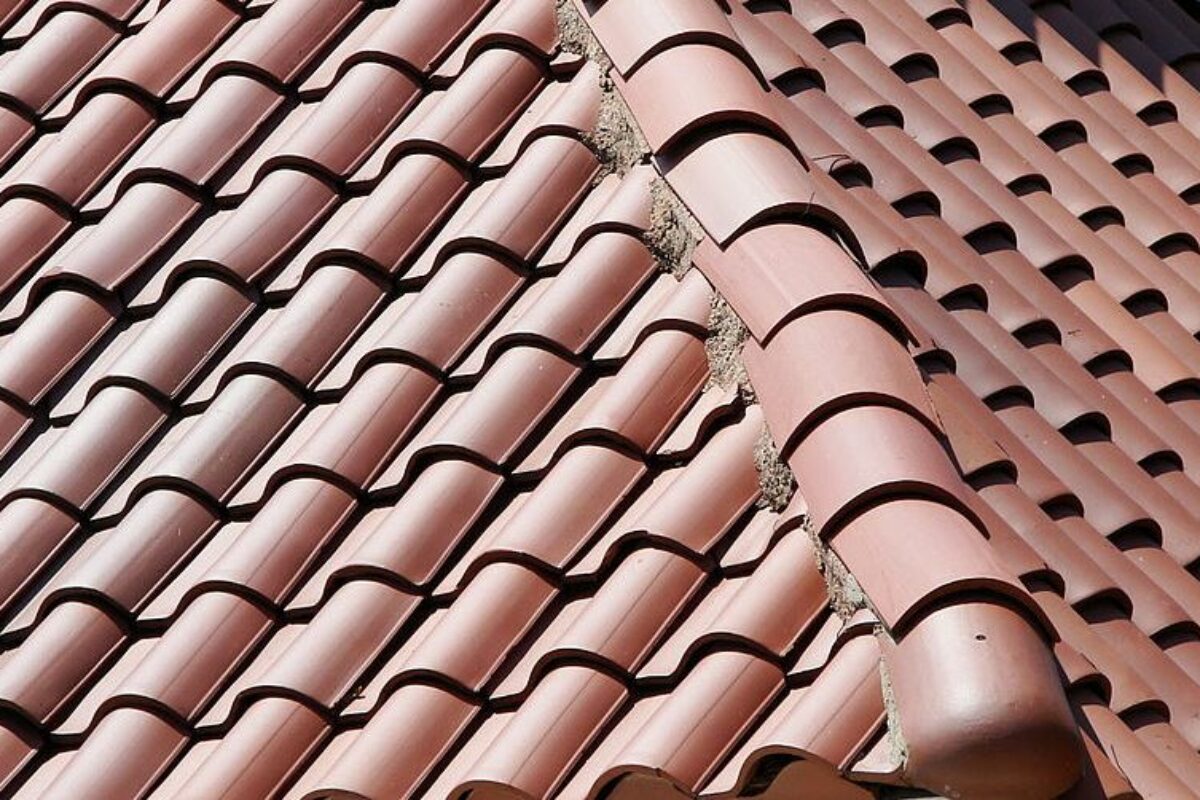
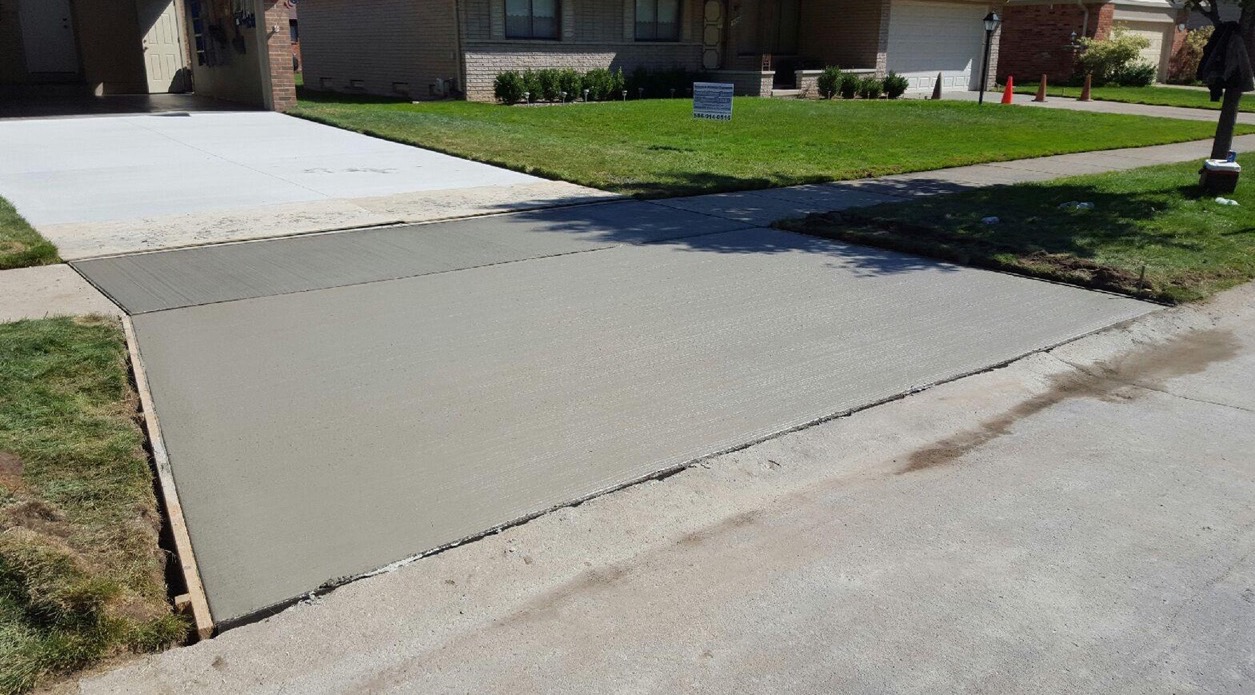
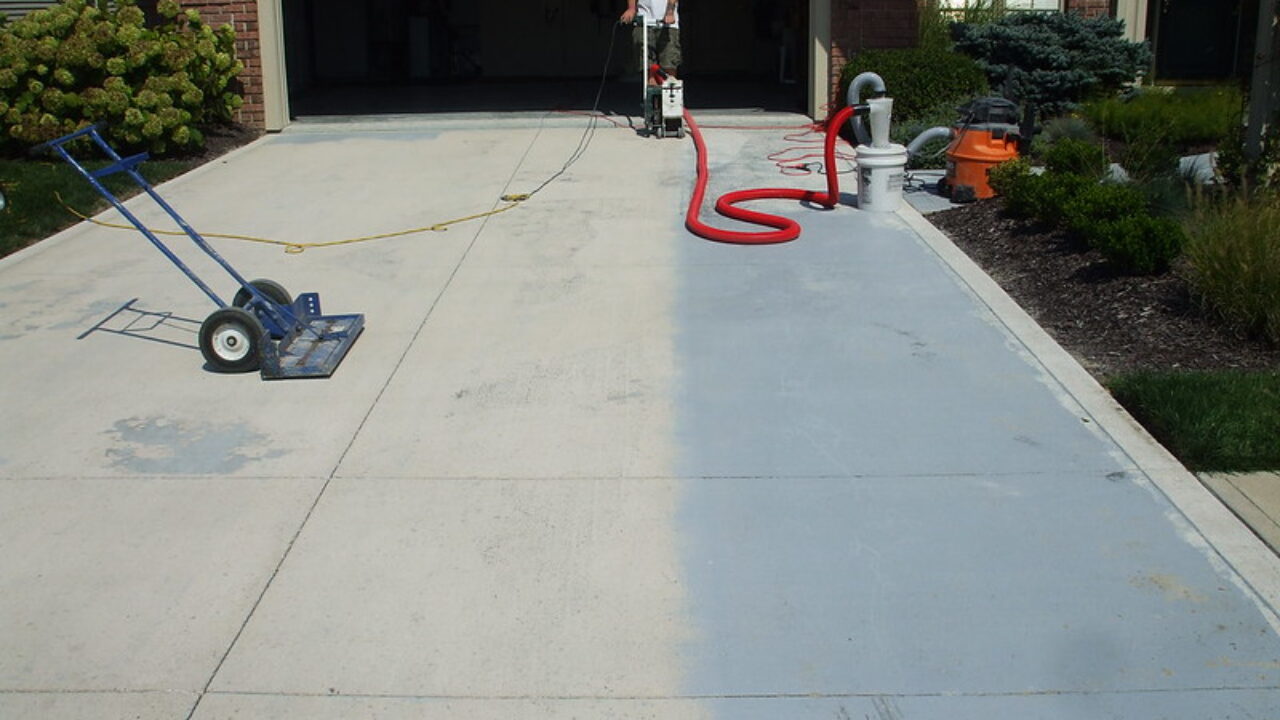
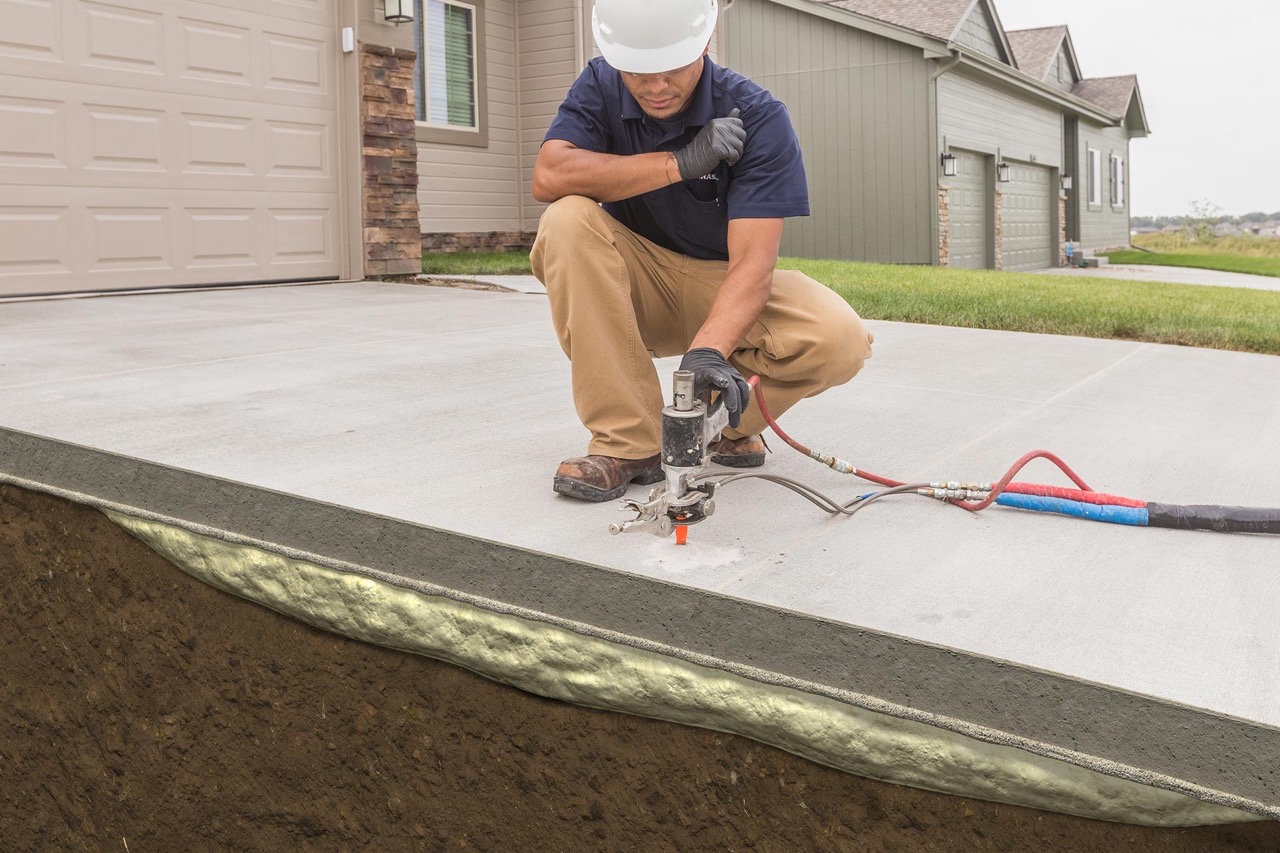
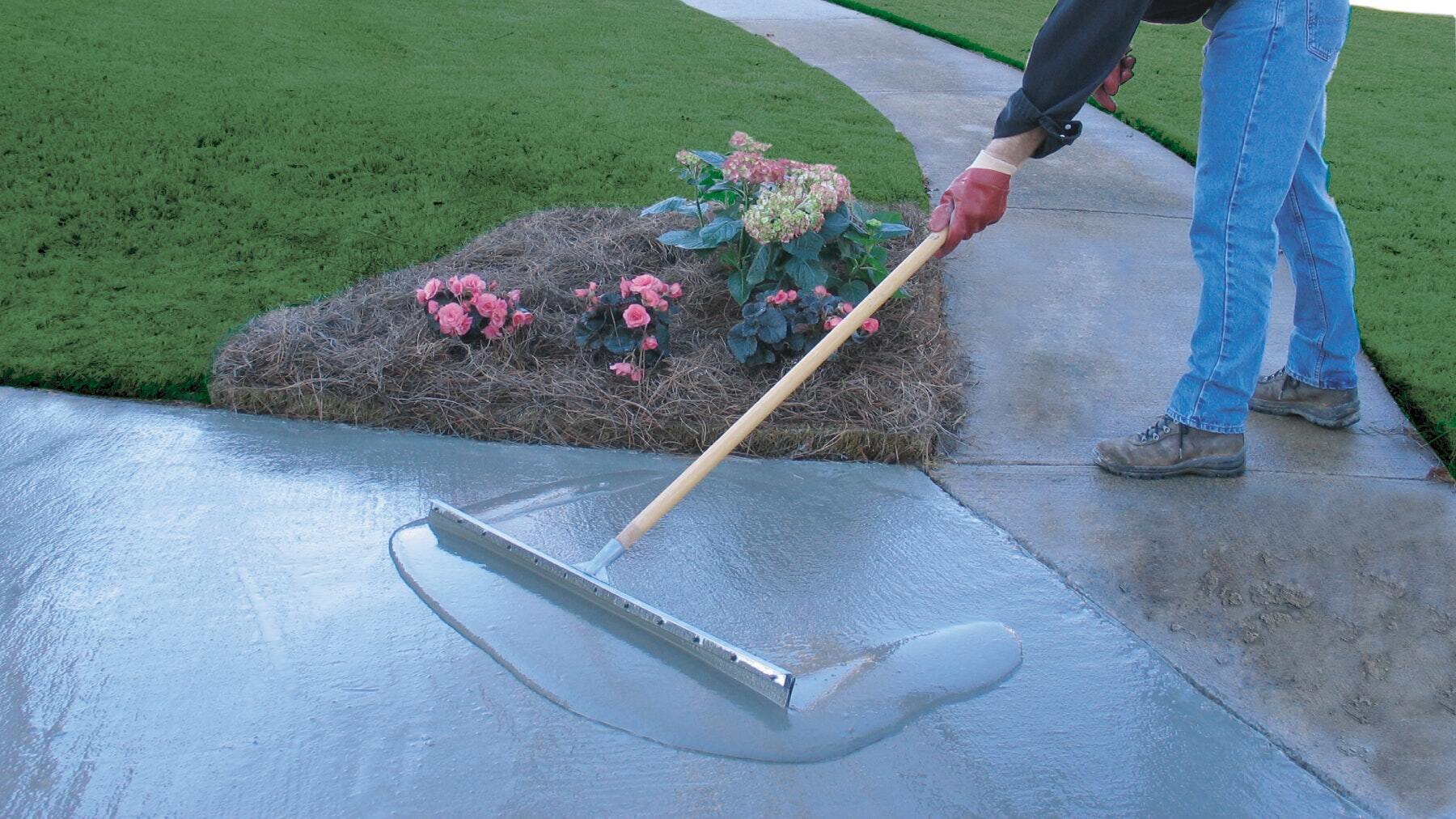
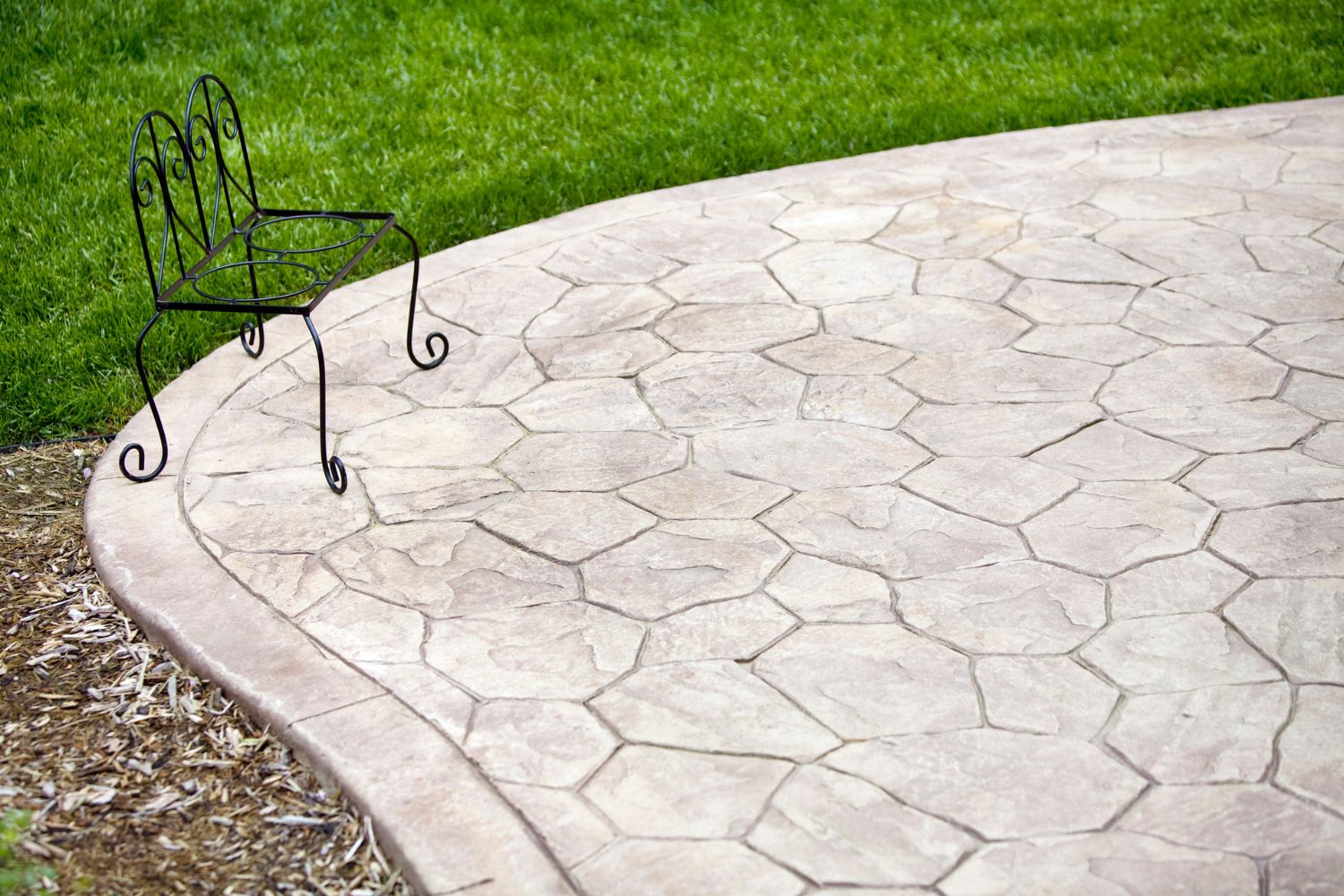
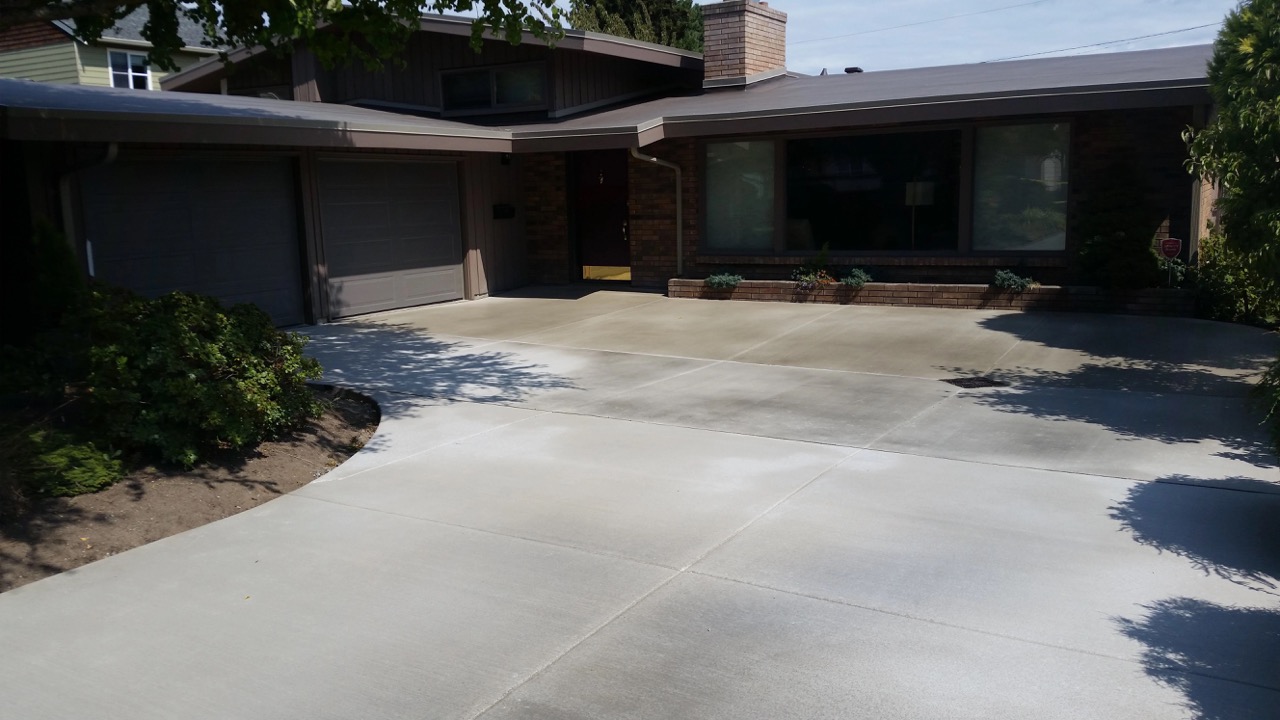
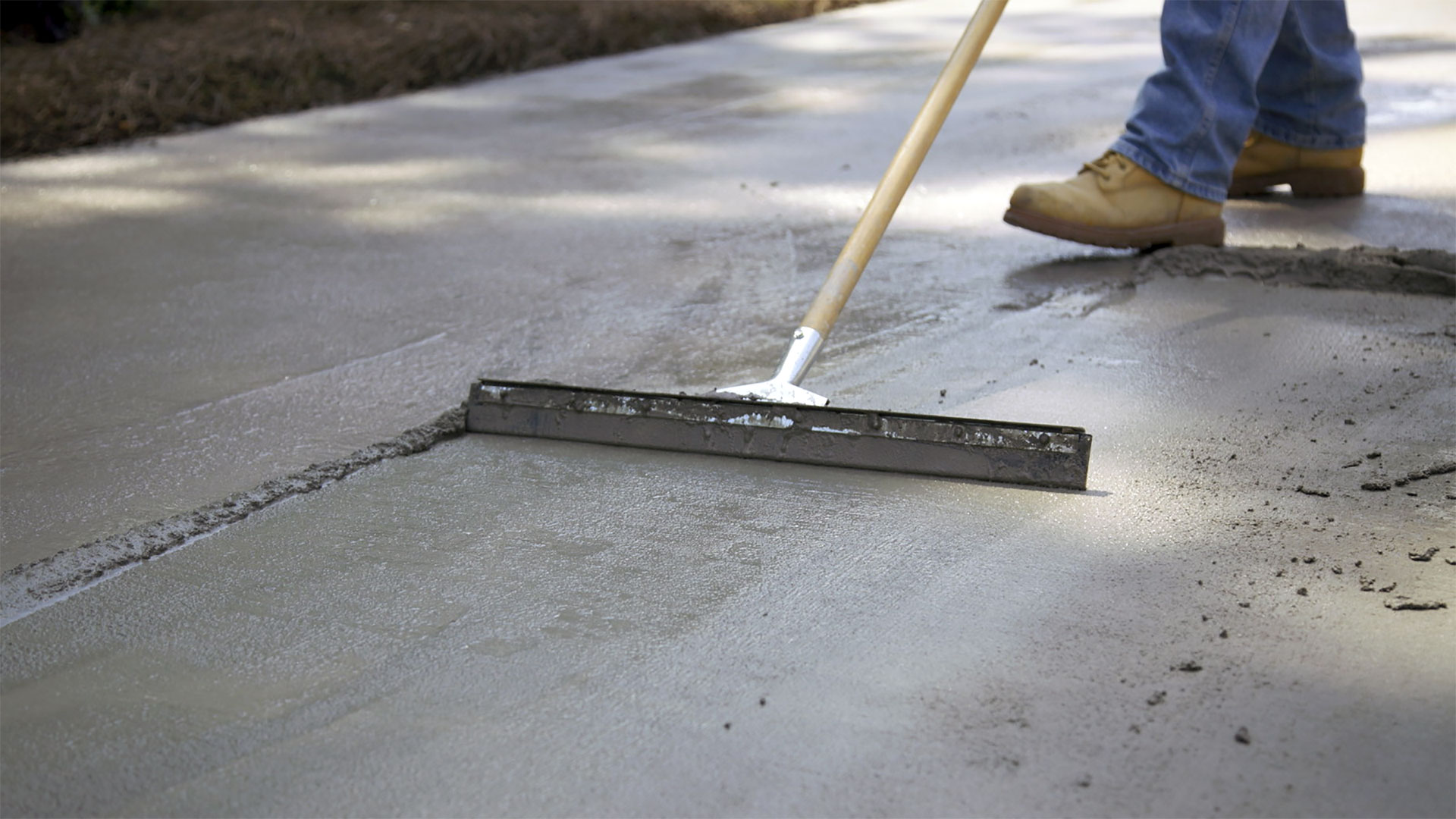
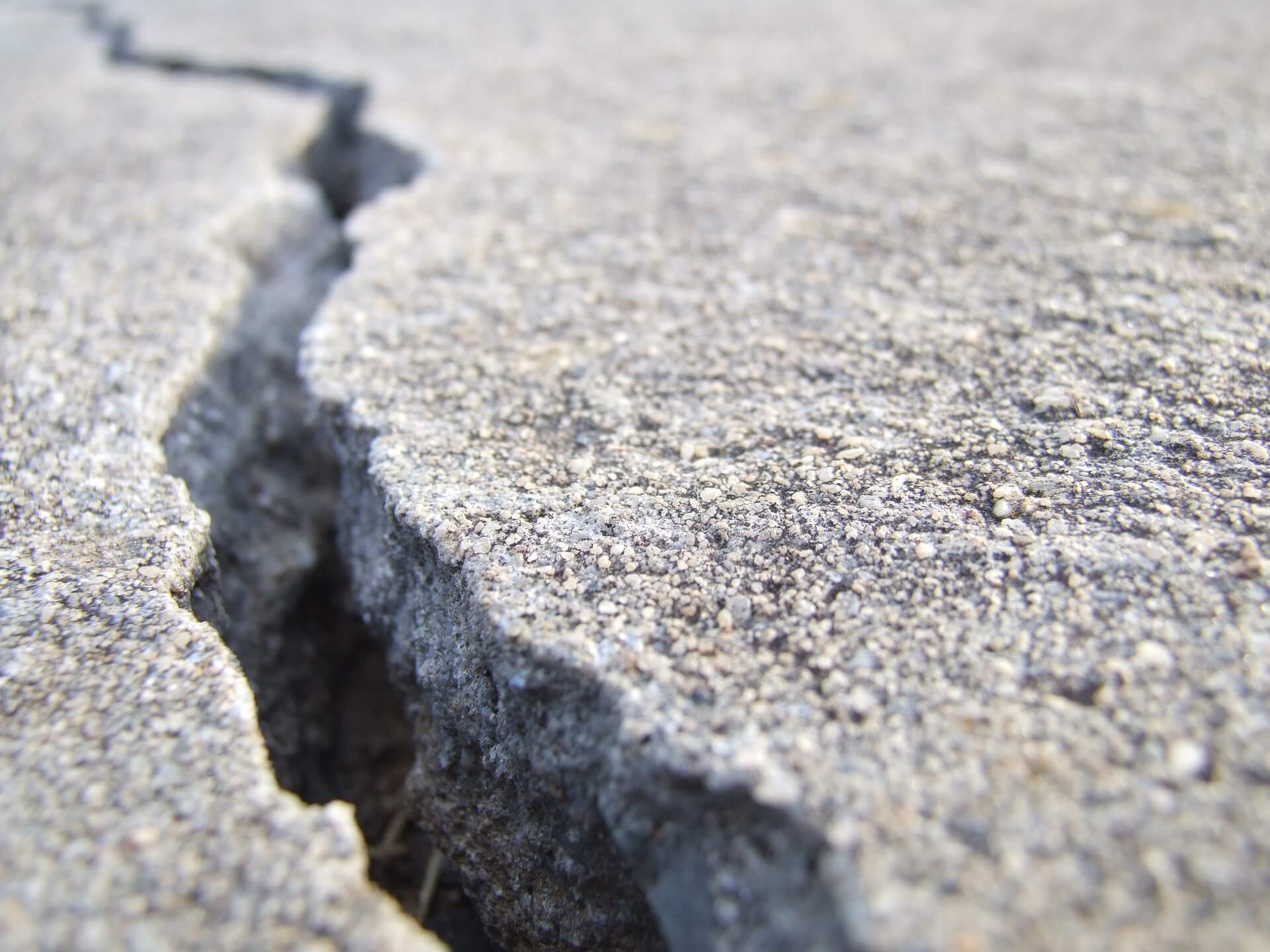

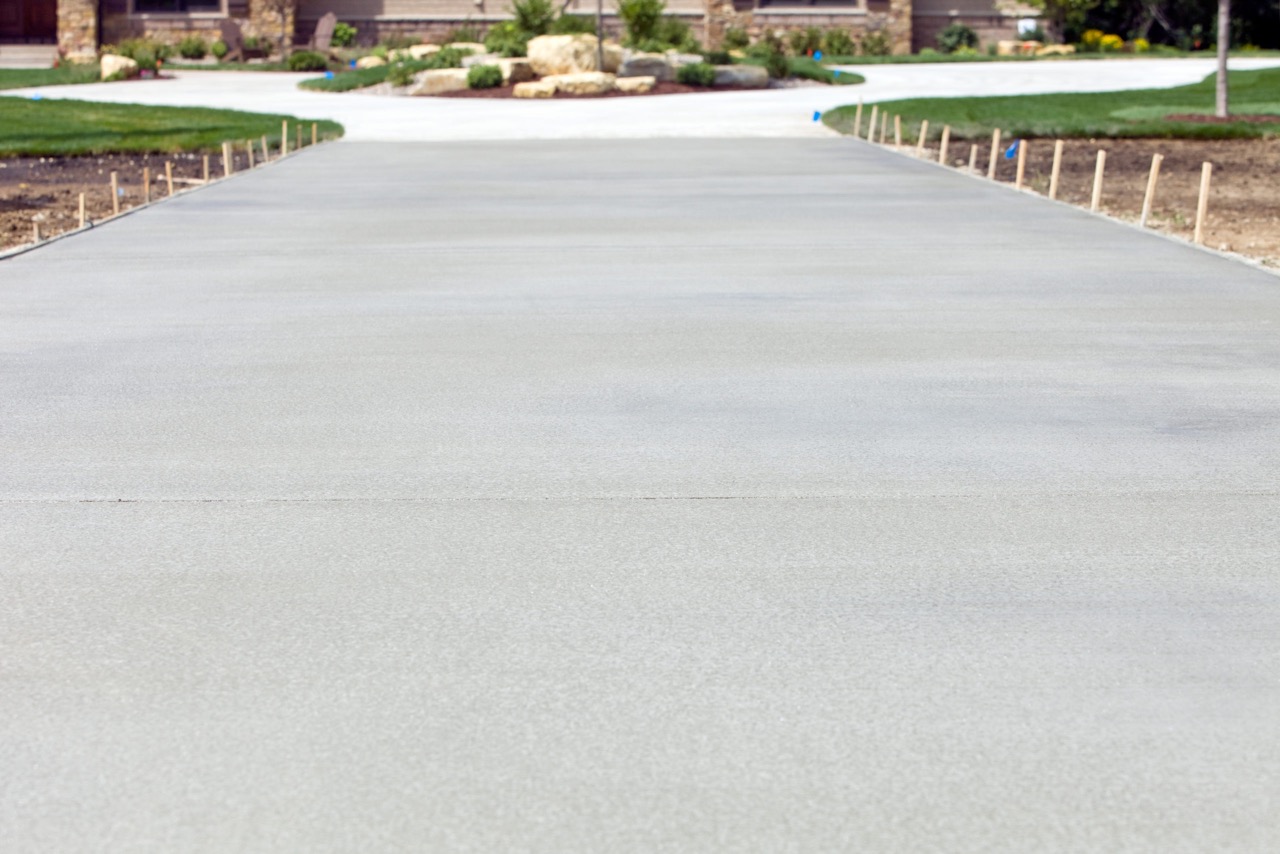
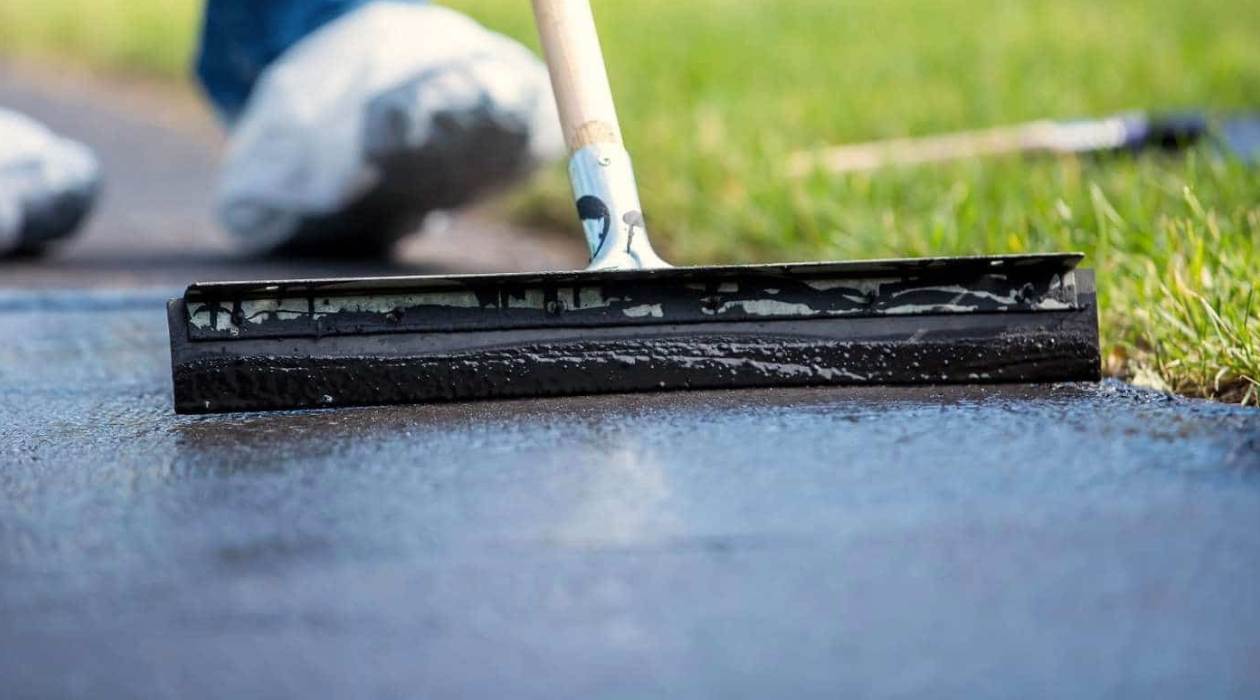
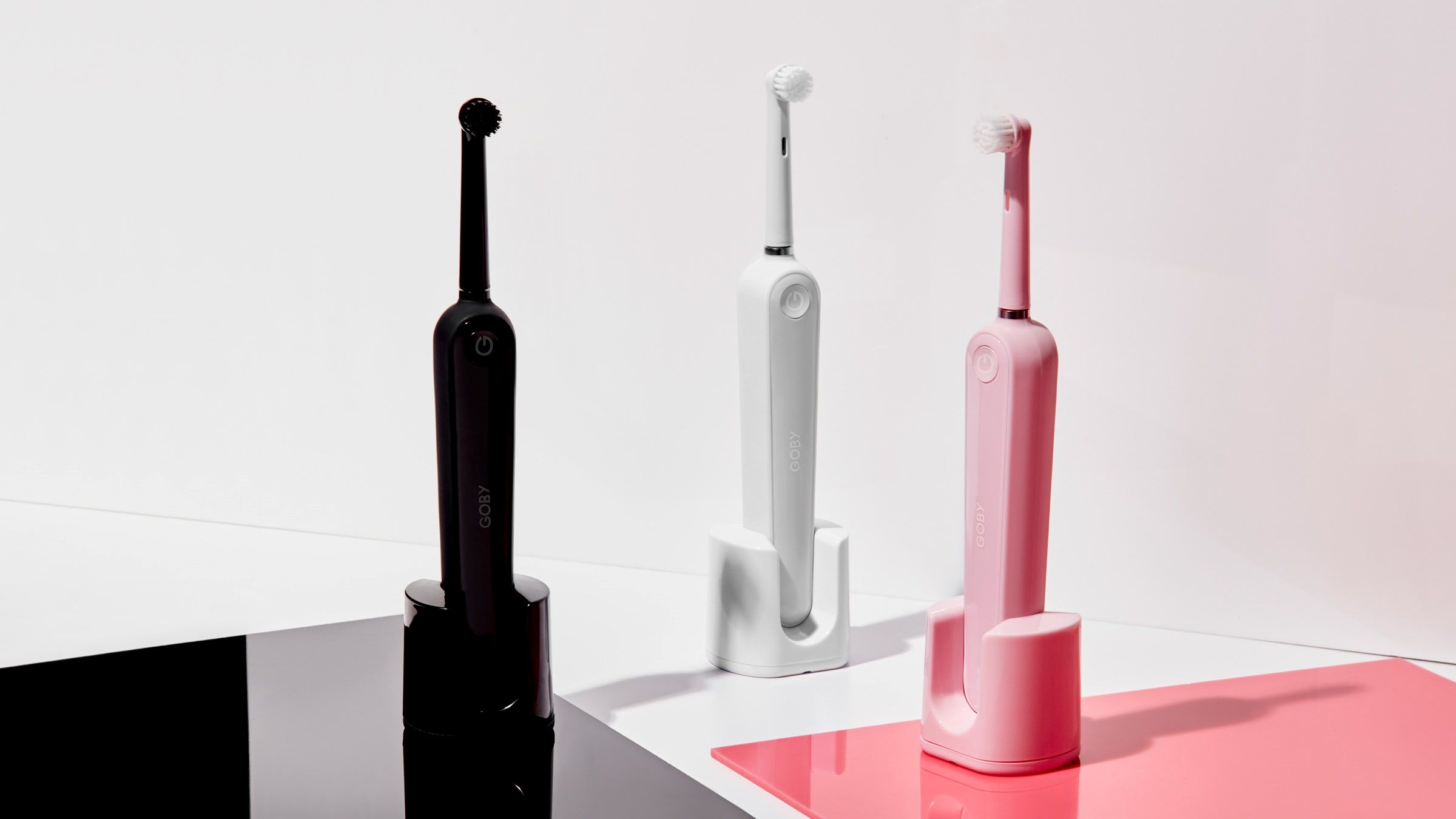
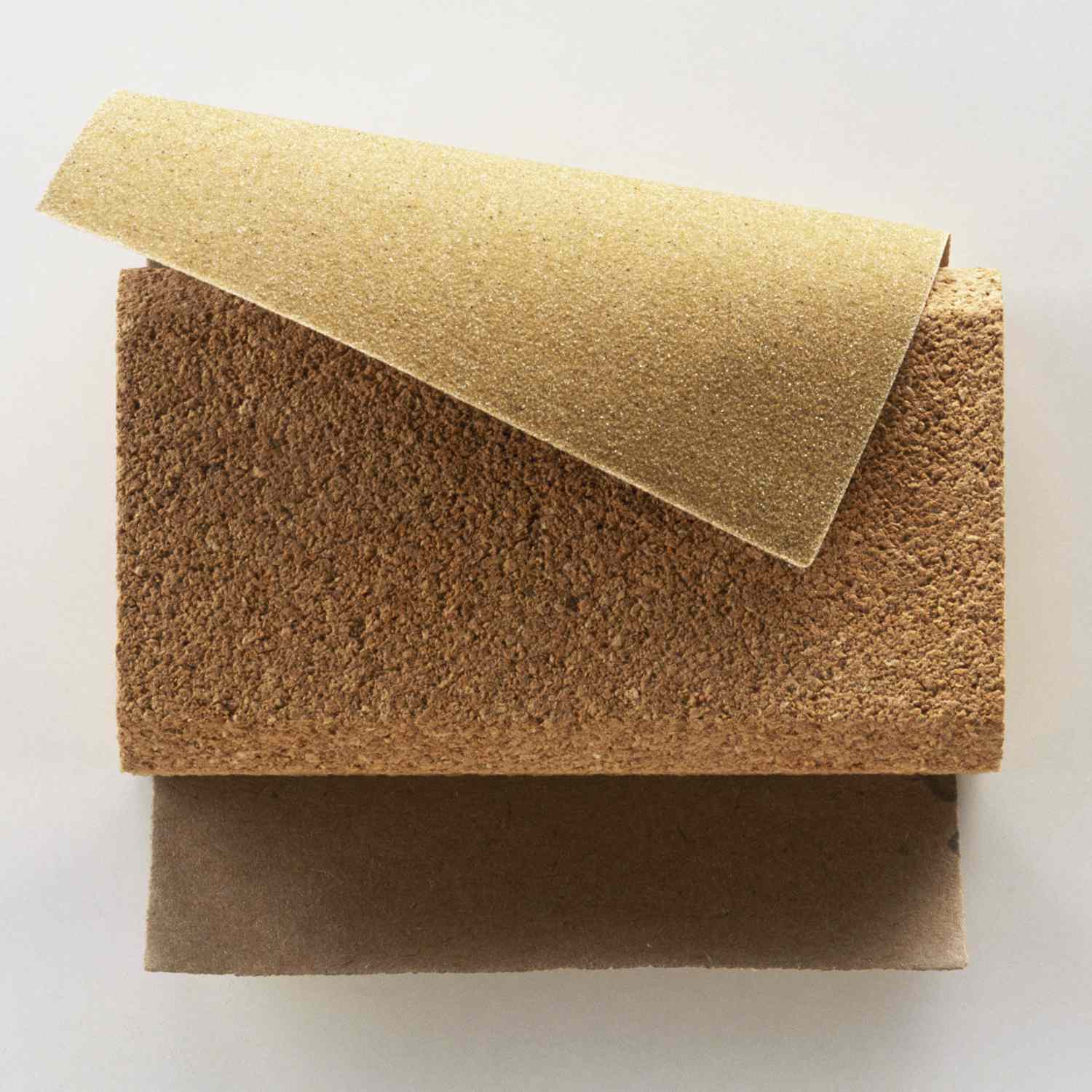

0 thoughts on “How Long Does A Concrete Driveway Last”